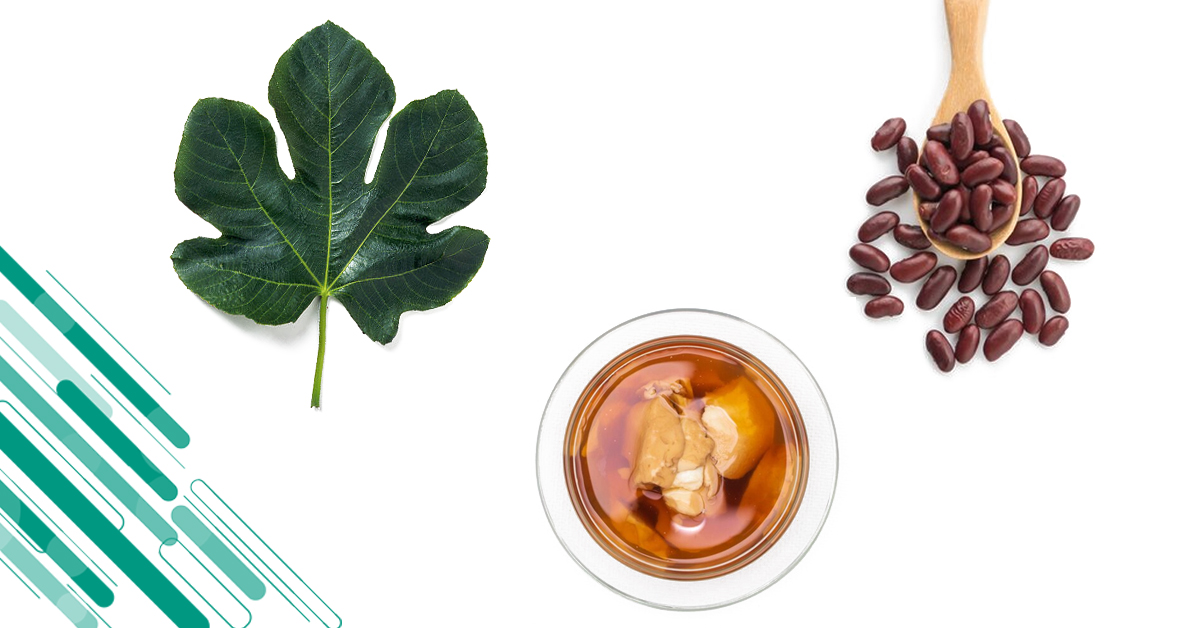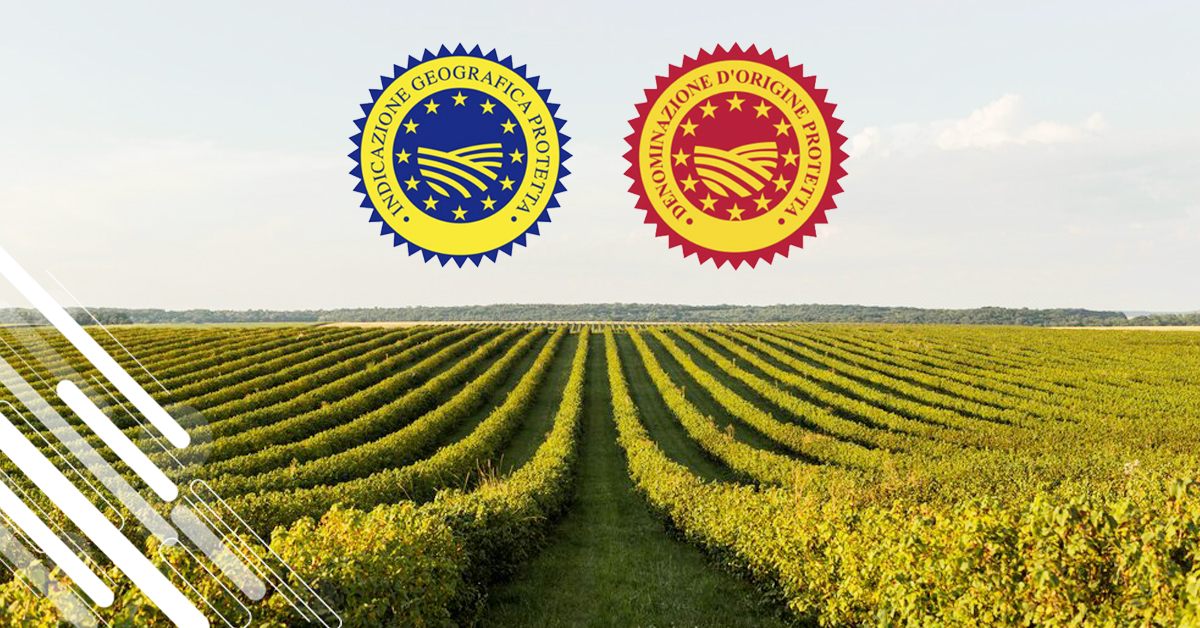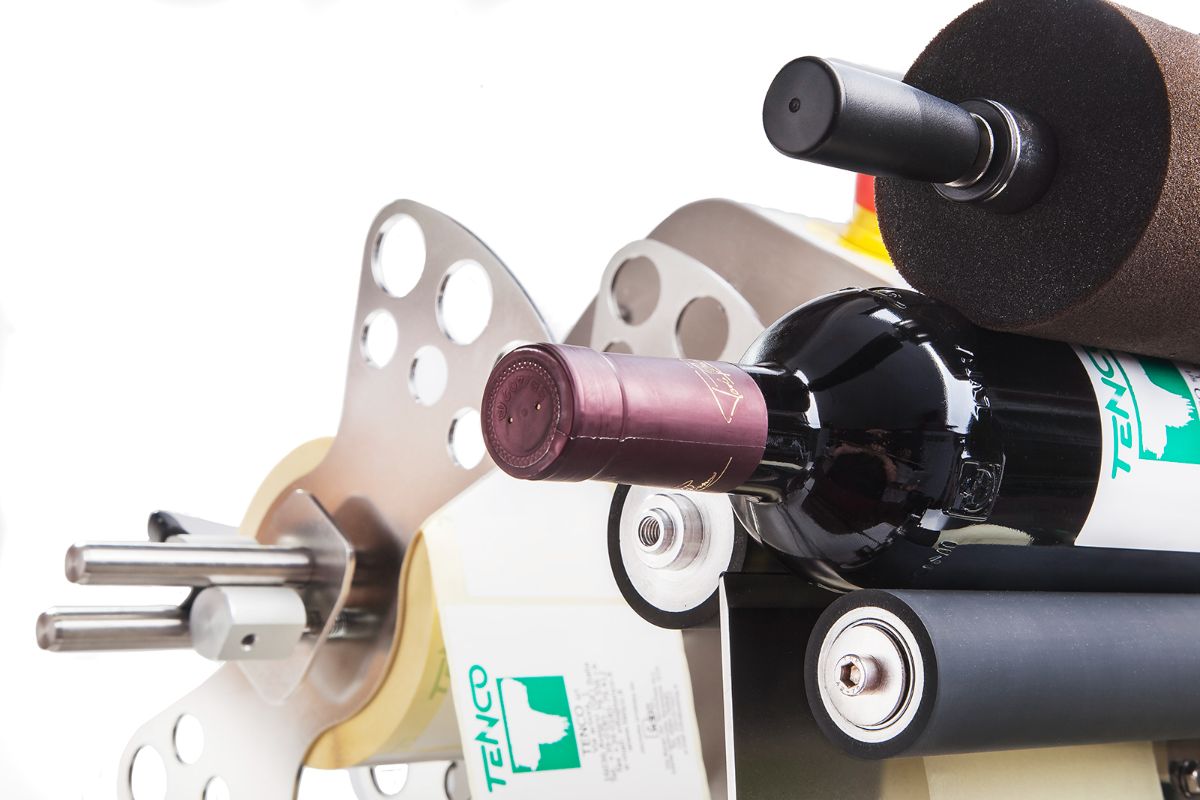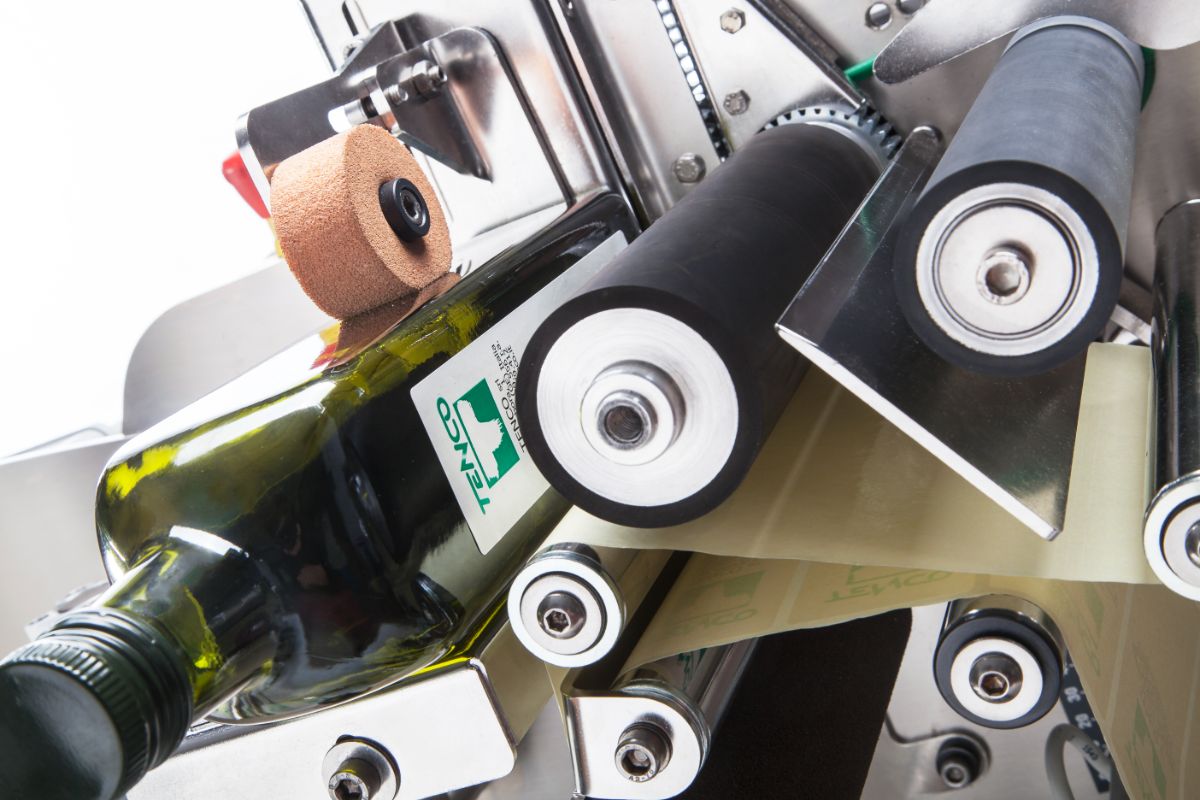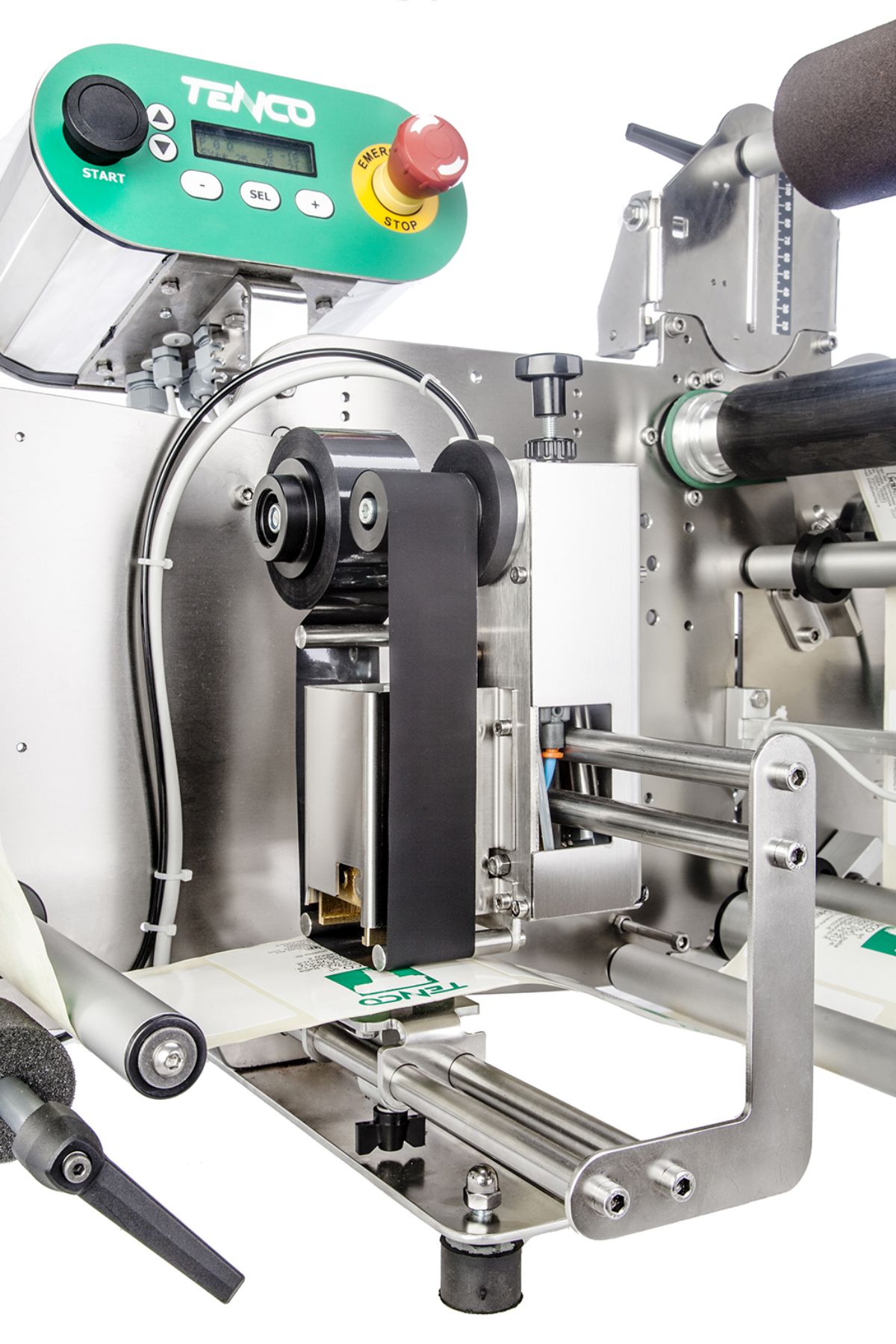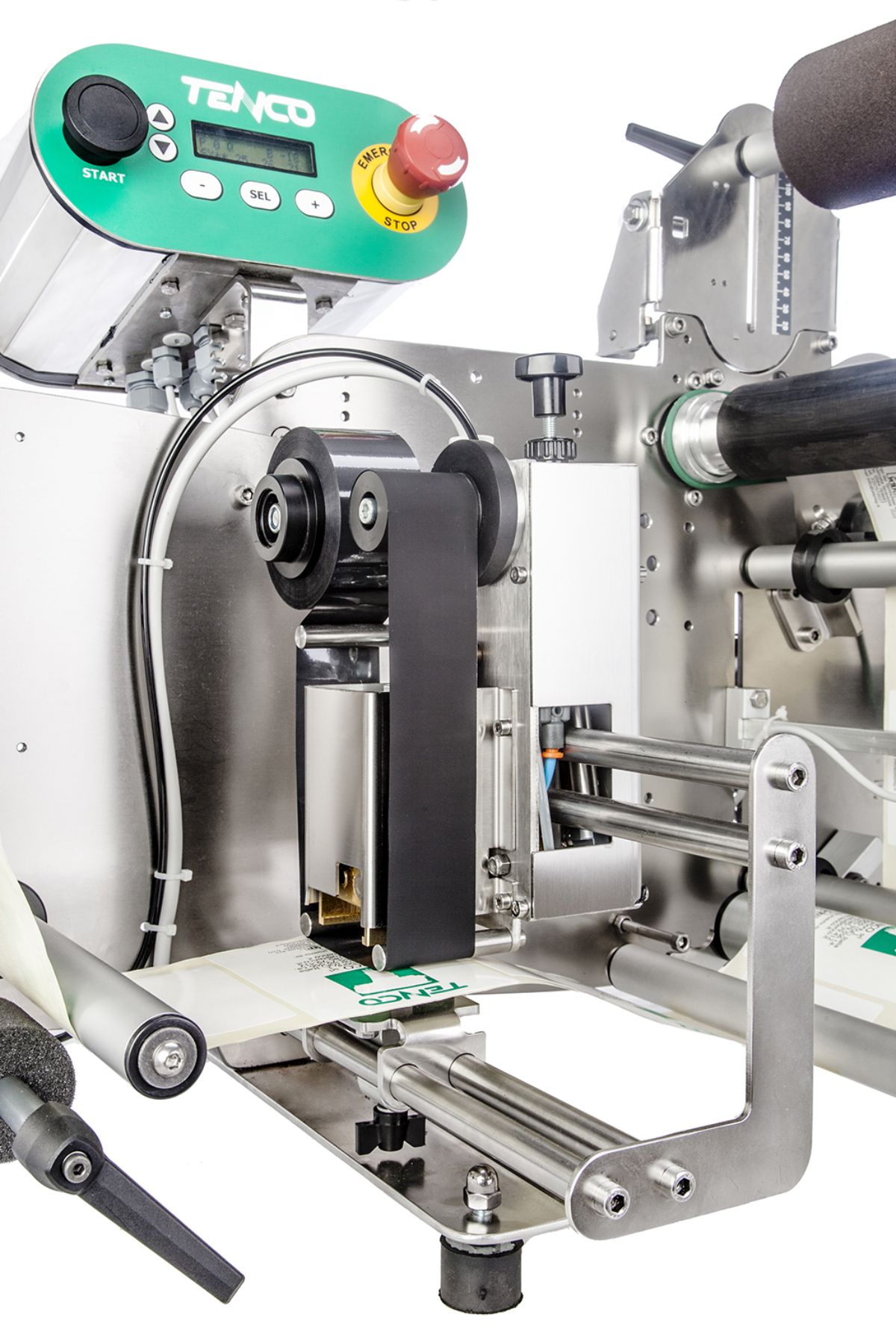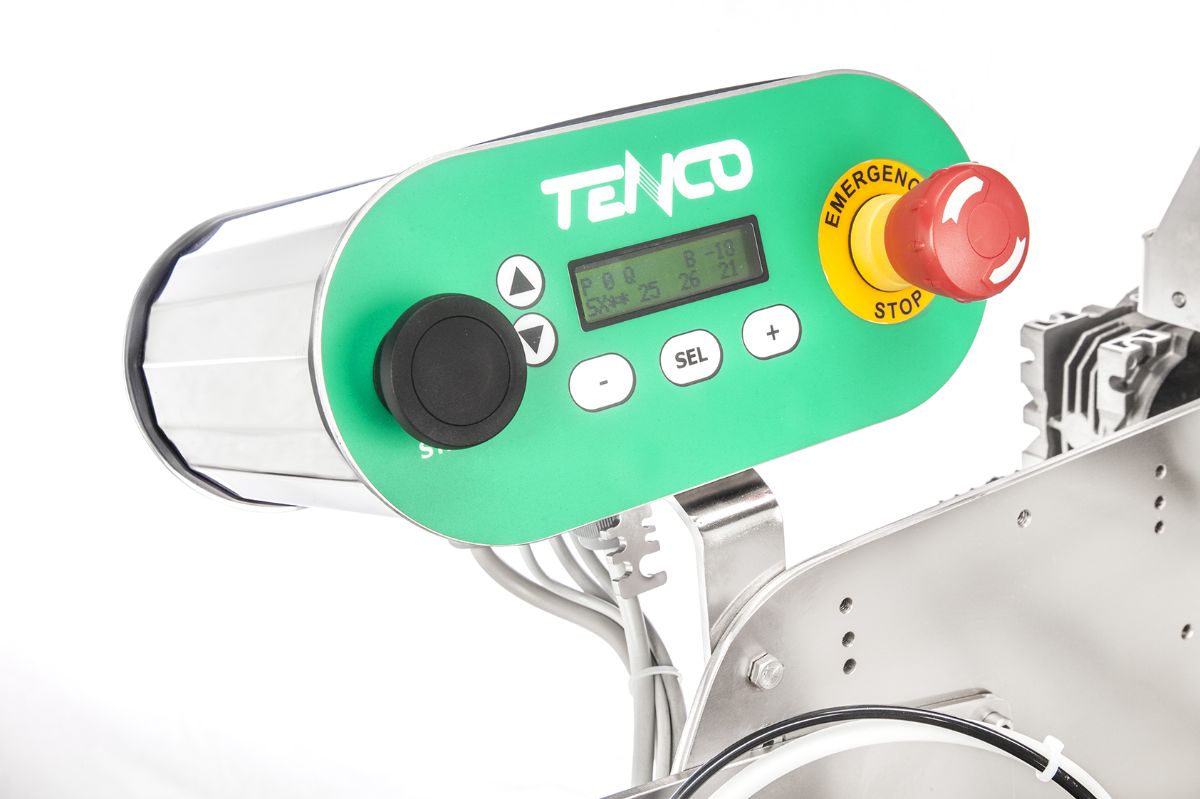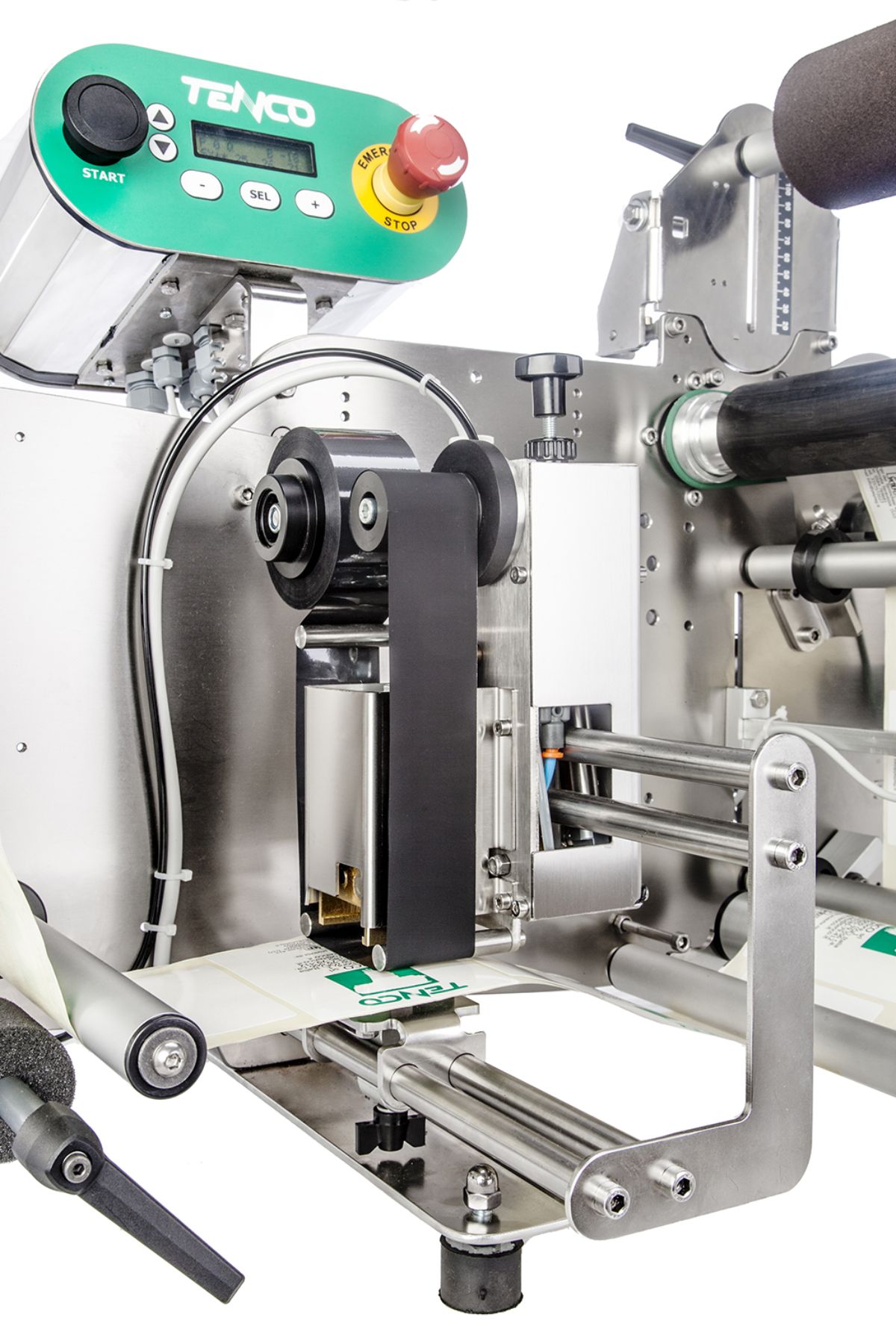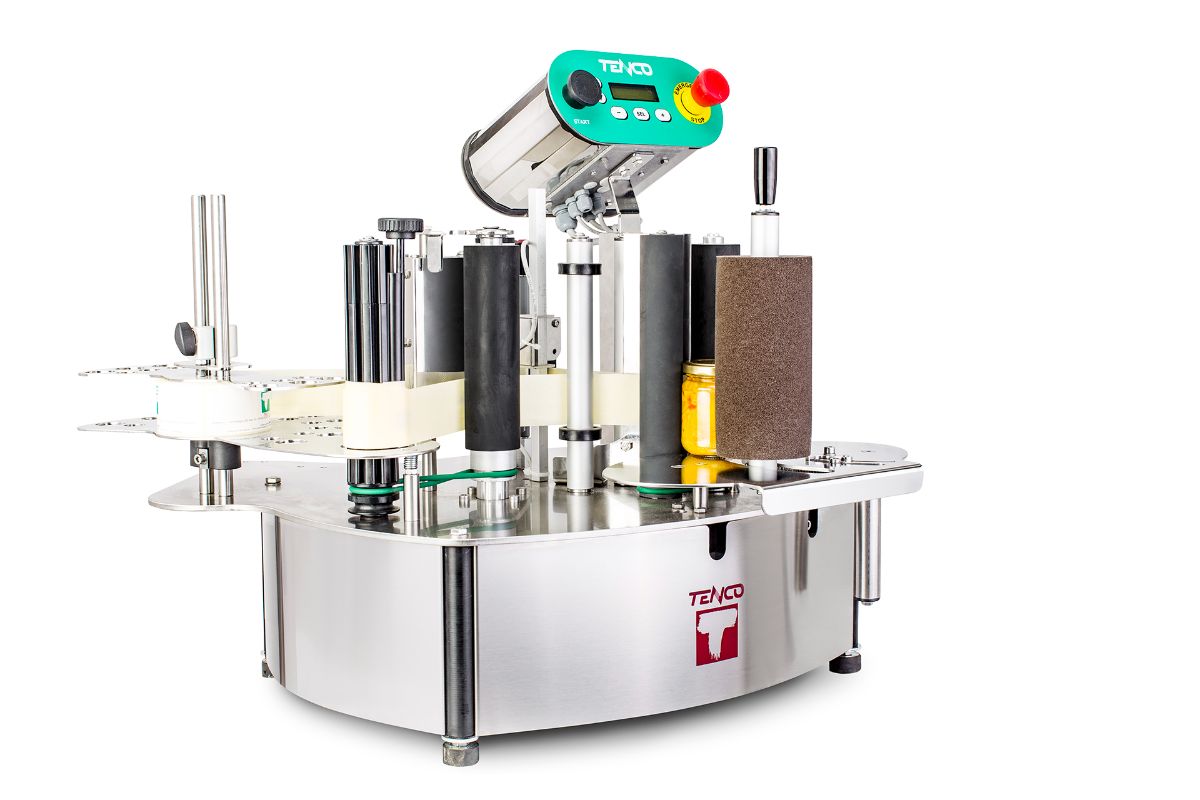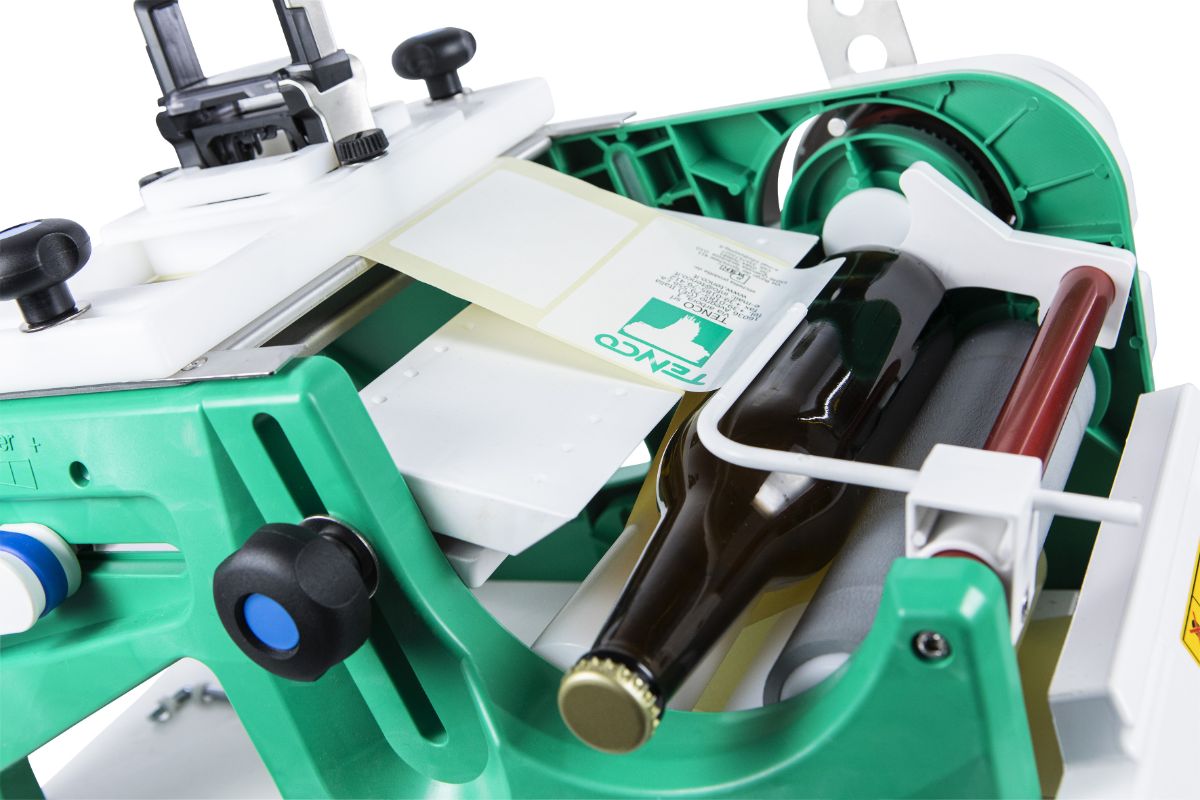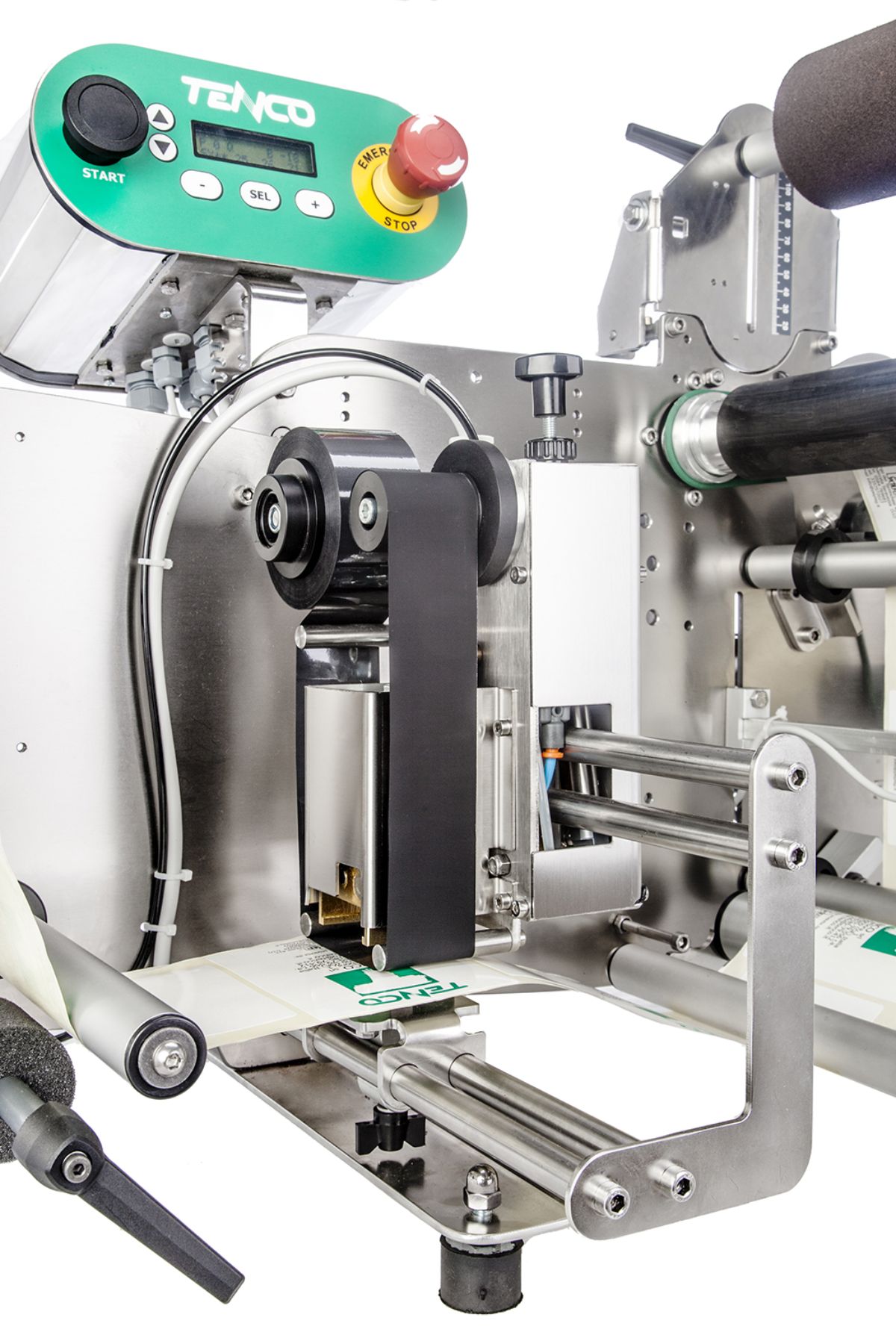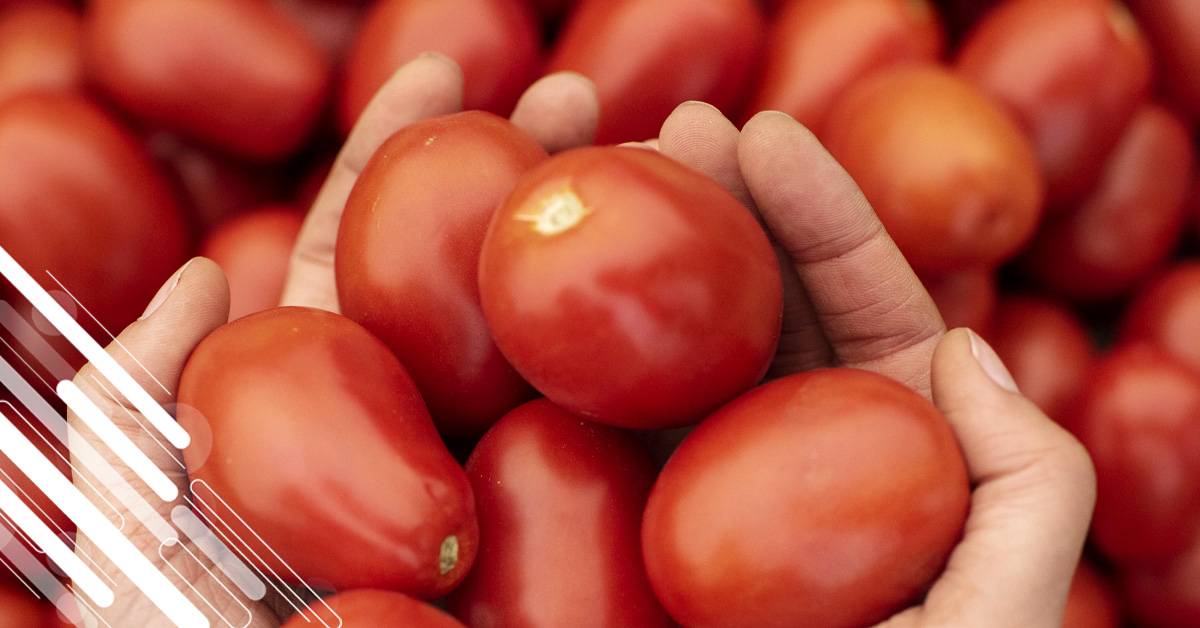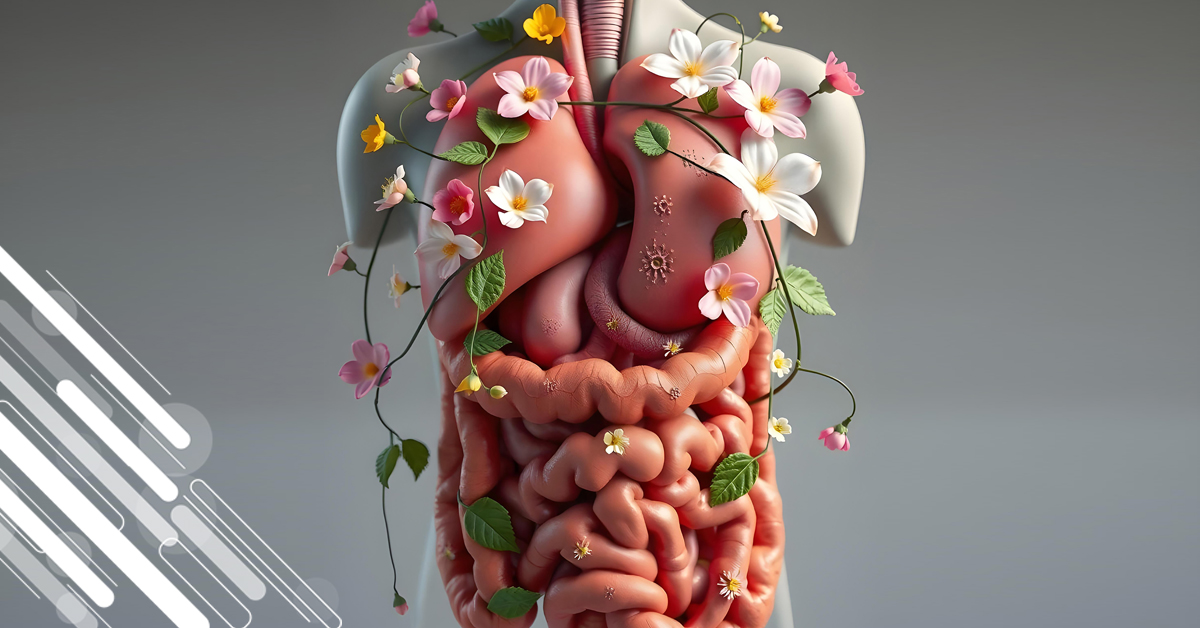The recent reform of DOP and IGP, approved by the European Parliament, introduces several innovations aimed at strengthening the protection of certified products and improving consumer transparency and trust. Among the key innovations are new labeling regulations, requiring more detailed and clear information about the origin and characteristics of products.Labels must now indicate with greater precision the product’s name, geographic area of origin, and any certified DOP or IGP ingredients. This not only guarantees greater transparency but also further enhances the products in international markets, distinguishing them from counterfeits.
